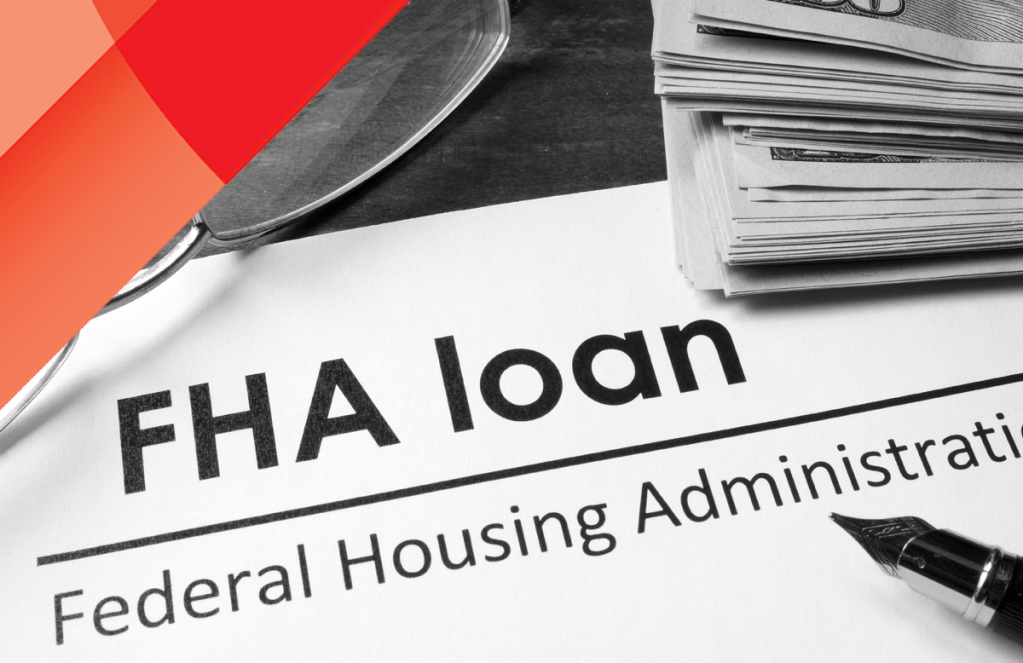
The Federal Housing Administration’s (FHA) decision to withhold a mortgage insurance premium cut has confounded mortgage policy experts and industry stakeholders.
HUD officials earlier this year said cuts to borrower fees depended on the number of borrowers behind on their payments. But during a Thursday press briefing, HUD officials said they are weighing “budgetary implications, tradeoffs within appropriations process and FHA’s role in the broader housing system,” when considering cuts to mortgage fees.
The briefing’s key points led several mortgage industry experts — including two former FHA commissioners — to suggest the FHA may be under pressure to keep premiums at current levels in order to pay for other HUD budget items.
“That could mean they’re worried about the [Mutual Mortgage Insurance] fund going negative, which is an impossibility,” said Dave Stevens, who was FHA commissioner during the Obama administration. “Or, they need budgetary help within the [HUD] building, and if that’s the reason — I think it’s disgraceful.”
Ed Golding, who was FHA commissioner from 2015 to 2017, said it’s “likely” budget issues are holding up a MIP reduction. That’s a problem, he said, as “FHA was intended to be revenue neutral, not a source of revenue.”
The new rationale doesn’t pass muster for Brian Chappelle, a partner at Washington D.C.-based consultancy Potomac Partners, which specializes in the mortgage finance industry.
“To use the budget in this way is the Washington equivalent of: ‘My dog ate my homework,’” Chappelle said.
Income from FHA premiums go into the general Treasury fund when Congress passes a Transportation and HUD appropriations bill. Income from programs that make money — as FHA does — is deemed “negative credit subsidy.” The money can then be used for other programs.
In effect, it’s a tax on FHA borrowers. The borrowers who pay it are disproportionately people of color and first-time homebuyers. In 2021, more than 40% of FHA forward mortgages were for borrowers of color. The FHA served double the percentage of Black and Hispanic borrowers than the rest of the mortgage market that year.
The connection between the upfront, annual and life-of-loan fees FHA borrowers pay and funding for, say, community development block grants, is not immediately apparent. The account is “convoluted,” said one former senior HUD official, “But the end result is not.”
HUD may be waiting to lower premiums until the House and Senate get closer to hashing out HUD’s budget. If FHA lowers premiums now, it would trigger a recalculation of the negative subsidy, and a lower offset toward the rest of HUD’s budget.
For the Community Mortgage Lenders Association, which lobbies for mid-size and small lenders, keeping premiums at current levels amounts to “price-redlining,” qualifying mortgage borrowers. In a blistering letter sent last week to Secretary Marcia Fudge at the Department of Housing and Urban Development, the trade group called the lack of action “especially bewildering.”
Earlier this year, senior HUD officials said they were closely monitoring the seriously delinquent portion of FHA’s mortgage portfolio as they weighed whether to make cuts.
But the share of seriously delinquent mortgages has been coming down steadily since the end of 2020, and now stands at 5.19%, according to HUD’s latest figures. The FHA’s Mutual Mortgage Insurance fund, meanwhile, is in stellar shape.
At the same time, observers expected newly confirmed FHA Commissioner Julia Gordon to reduce the fees on her first day at FHA. Instead, Gordon — who previously has testified before Congress multiple times, arguing for premium cuts — has side-stepped the issue.
It’s a head-scratcher for observers, including Ken Fears, a senior policy representative at the National Association of Realtors (NAR).
“We’ve seen estimates of a worst case where the capital ratio remains a multiple of the minimum,” said Fears.
If not for budgetary concerns, HUD also could be waiting to cut fees until it can get more bang for its buck, politically.
“There are political timing reasons why you hold on a MIP [reduction],” said Stevens, who recalled delaying the timing on several policy moves to coincide with a speech made by President Barack Obama.
“It could be that the President wants to do a housing speech, including everything from what’s being marked up legislatively, as well as support for manufactured housing at HUD, and [mortgage insurance premiums],” Stevens said.
A HUD spokesperson declined to comment.
If pressure for budgetary reasons is making it difficult to cut premiums, there are other ways HUD could provide some relief for borrowers.
Scott Olson, executive director of the Community Home Lenders Association, which has argued for a reduction in premiums, said if there is “no other way,” HUD could raise upfront premiums and eliminate the annual fee.
“They could simply cut the annual premiums and offset it with an increase in upfront premiums, and there would be no revenue loss,” Olson said. The upfront premiums could be eliminated later, he added.
Some housing policy decisions — such as changing the capital rule governing the government-sponsored enterprises, or revisions to the Community Reinvestment Act — require months, if not years, of planning, notice, revisions and feedback.
But cuts to mortgage insurance premiums could be enacted at any moment, without intervention from Congress or triggering stakeholder feedback.
But federal housing policy, even at different agencies, is an interconnected web. FHA cuts to mortgage insurance premiums would make FHA-insured mortgages more competitive, relative to those backed by the GSEs. That could make it more difficult for the GSEs to meet housing goals set by their regulator.
At the same time, the GSEs are operating under a capital rule that makes it difficult to adjust loan pricing. Changes to the rule require agreement with the U.S. Treasury. That’s one reason Chappelle, of Potomac Partners, suspects FHA may be waiting to reduce premiums until it can get on the same page with Fannie Mae and Freddie Mac.
“I’m hoping that they’ll do something in concert together,” Chappelle said. “I’d rather them wait and do something meaningful.”





